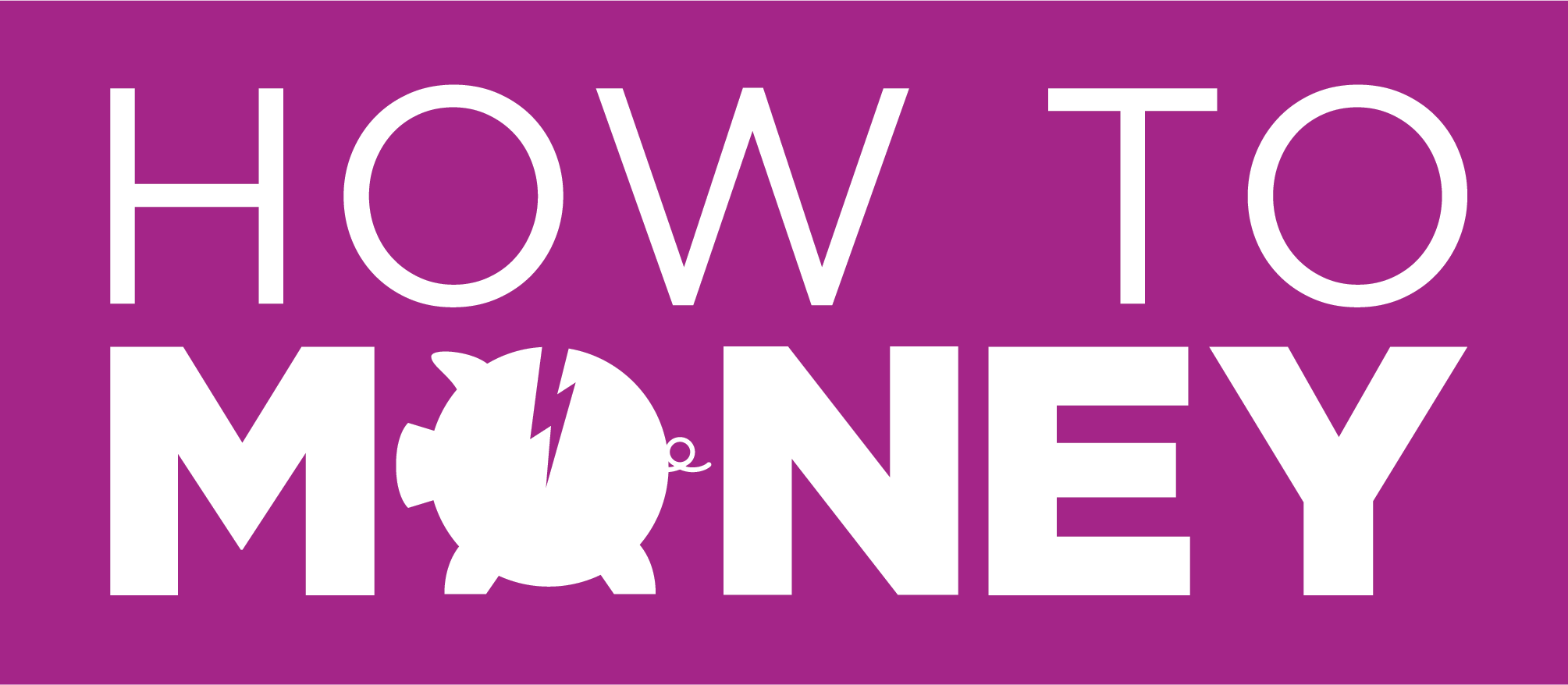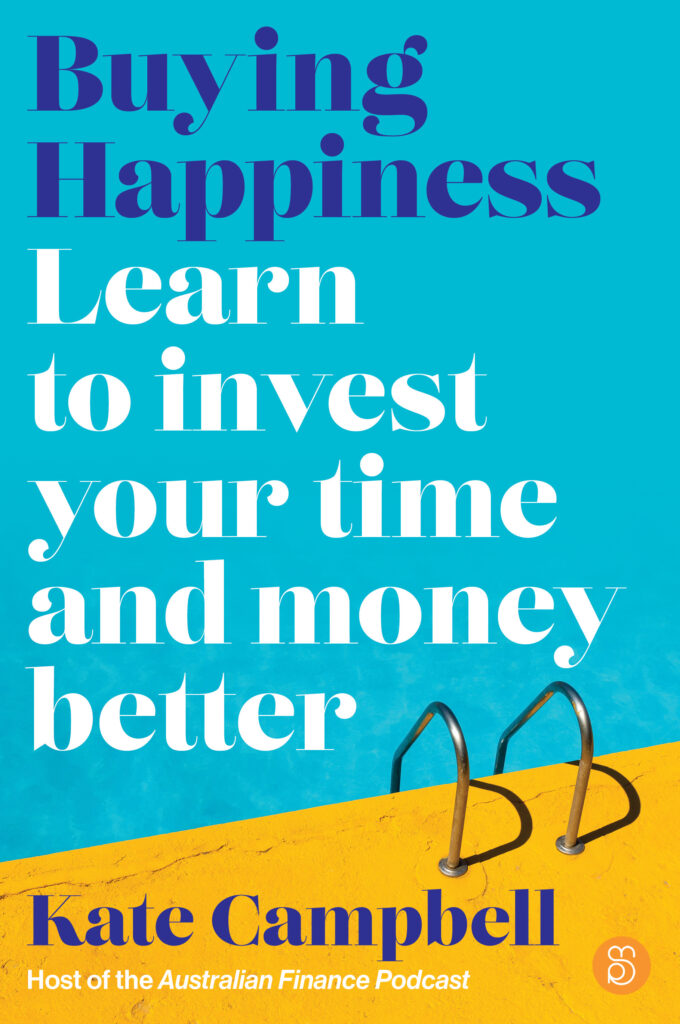
Avoiding Financial Clickbait Online
If you’ve been watching any money related videos on YouTube recently you will have noticed the same clickbait ads that keep appearing time after time. Namely, a couple of Australian property spruikers and a massive online brokerage company that’s using a high profile celebrity for their marketing campaigns.
Their appeal may have worn off by now and these ads are may just be something you mute or skip when they appear, but it’s easy when you’re getting started learning about finance, to get pulled into these things and start to go down the rabbit hole.
I’ll admit, many of these ads seem very low budget and scammy, but others may be starting to work their magic on you. When it comes to money there are so many scams around, promoting “investment products” and “training courses” that are not in your best interests at all.
So, with all this noise and potentially dangerous financial products floating around, how do you work out what’s the real deal and what’s too good to be true?
Always do your own research
Okay, so my first step is to always do your own research. If you notice something online that you’re interested in, make sure that you’re doing the following:
- You’re going and looking at the provider’s website, you’re reading the financial services guide (FSG) and the product disclosure statement (PDS,
- You’re checking that the product or service is licensed with an Australian legal body like ASIC or APRA.
- You’re having a look online to see feedback from other clients.
- You’re having a look at the staff and the board to see who they’ve worked for previously and what their qualifications are.
Essentially, you’re running the product or service through a range of steps, to try and make sure it ’s a legitimate offering.
Is it too good to be true?
The next thing I check is whether the company is promising returns that are out of this world. Often we can get really excited about the prospect of making money when it comes to financial products and services, and the ads are directly targeted to our emotions.
Many of these advertisements are promising returns or results that are just too good to be true.
I might also have a look at the Vanguard asset class charts to establish what different asset classes have done in the past, and remind myself of the realistic average returns they’ve had over the last five decades.
If the company is promising to double your money in the next two years on a certain investment and you’ve seen that the asset class traditionally goes up 9% per year on average (over 50 your time), then maybe what they’re promising is just a bit too good to be true.
Think critically
There’s a lot of money in marketing financial products and services, both in Australia and internationally, so it’s always good to have a critical look at anything you see online before you dive straight in. There’s a lot more to lose if you give a substantial portion of your savings to a company you found online that turns out to be a scam, then buying a five dollar fidget spinner from an Instagram ad and it turning up broken.
So next time you see an advertisement online, think a little bit more critically about whether what they’re selling or promoting is too good to be true and what they’re getting out of it (because ads are definitely not free)!

Kate Campbell is the founder of How To Money. Kate created HTM from a passion to help young Australians start talking about money, and share the resources she finds along her financial education journey. This led Kate to start her own journey to financial independence a few years back and she now works in the Australian financial services industry.
Want to learn more about money and personal finance? Check out our article archive, the How To Money Podcast and the Australian Finance Podcast. Catch us on Twitter @HowToMoneyAUS and Instagram on @HowToMoneyAUS.
Important Information
The information on this blog and website is of a general and educational nature only. It does not take into account your individual financial situation, objectives or needs. You should consider your own financial position and requirements before making a decision, as we are not an advisory service. We recommend you consult a licensed financial adviser in order to assist you. The information is based on assumptions or market conditions which can change without notice, and this will impact the accuracy of the information provided. This website and blog occasionally provide links to third-party sites, aimed at helping you gather the information required to make an informed decision — we may receive payment for these referrals.






